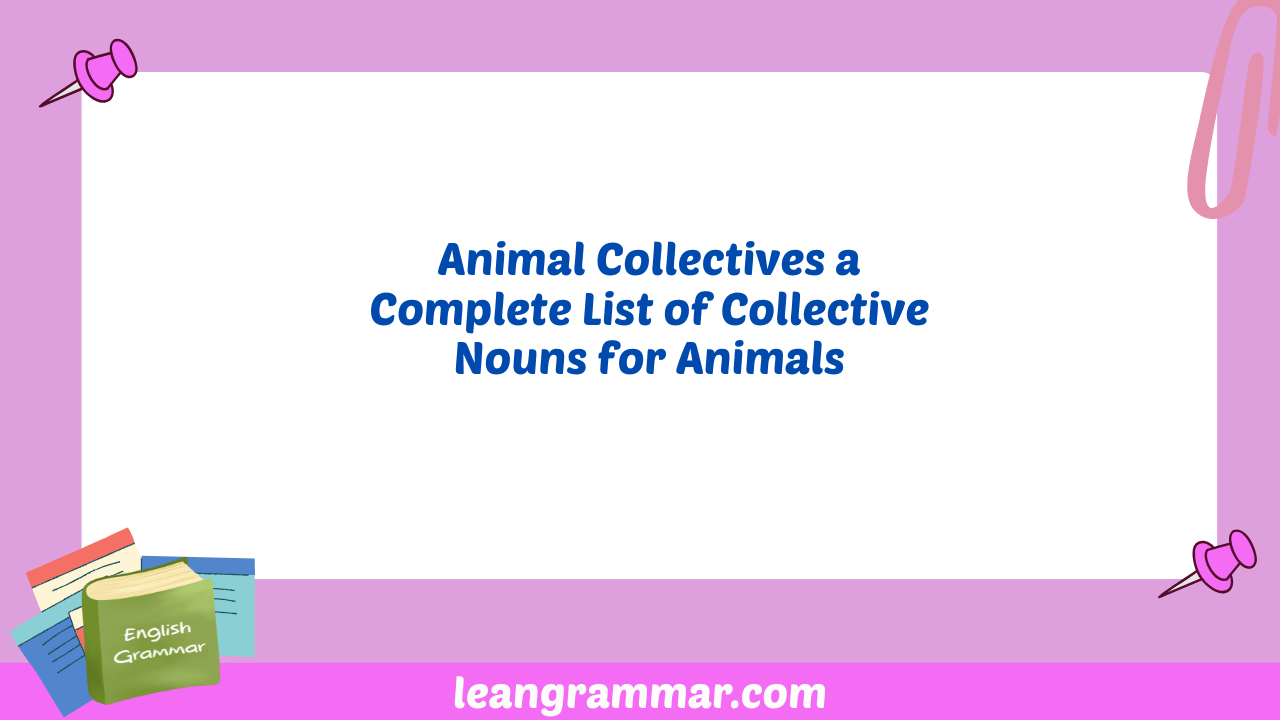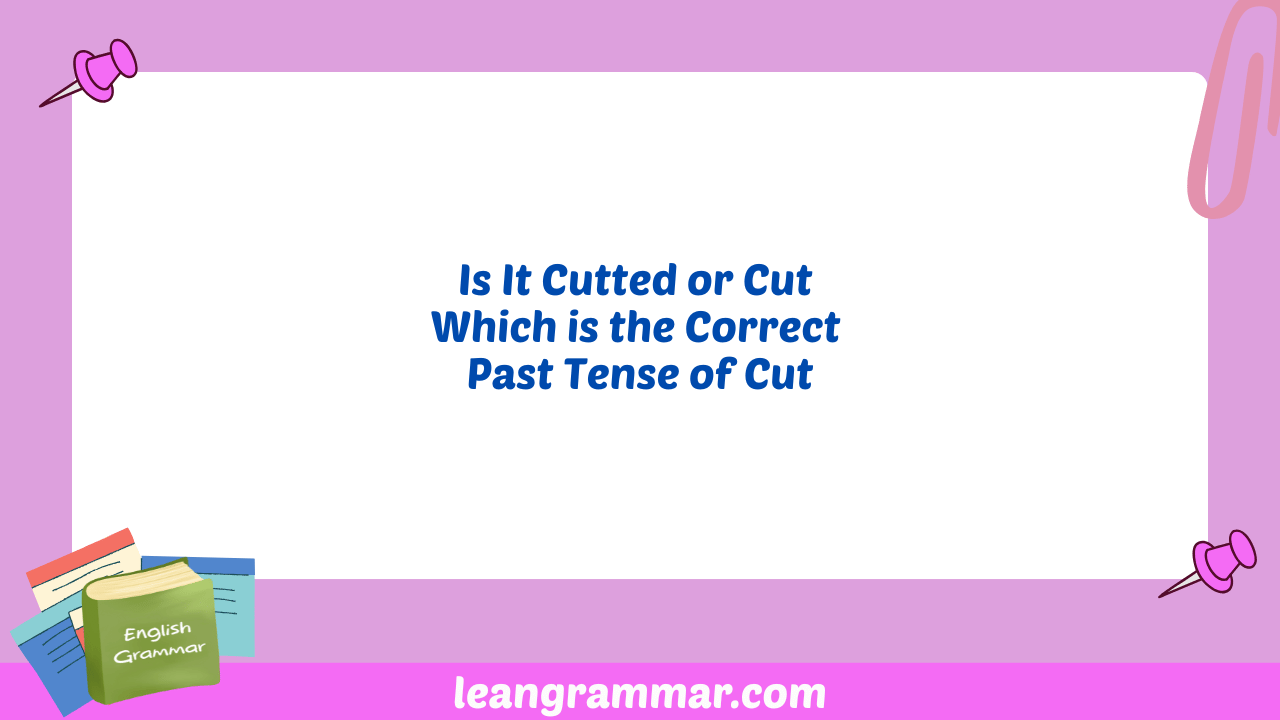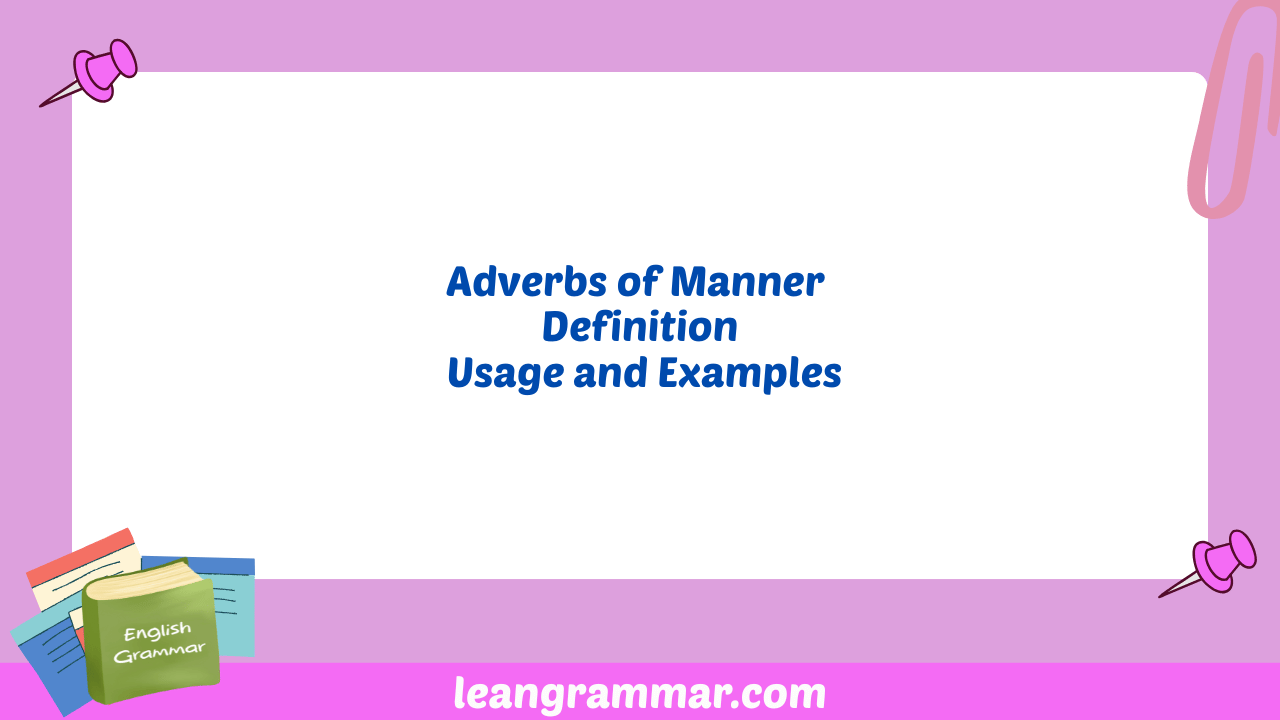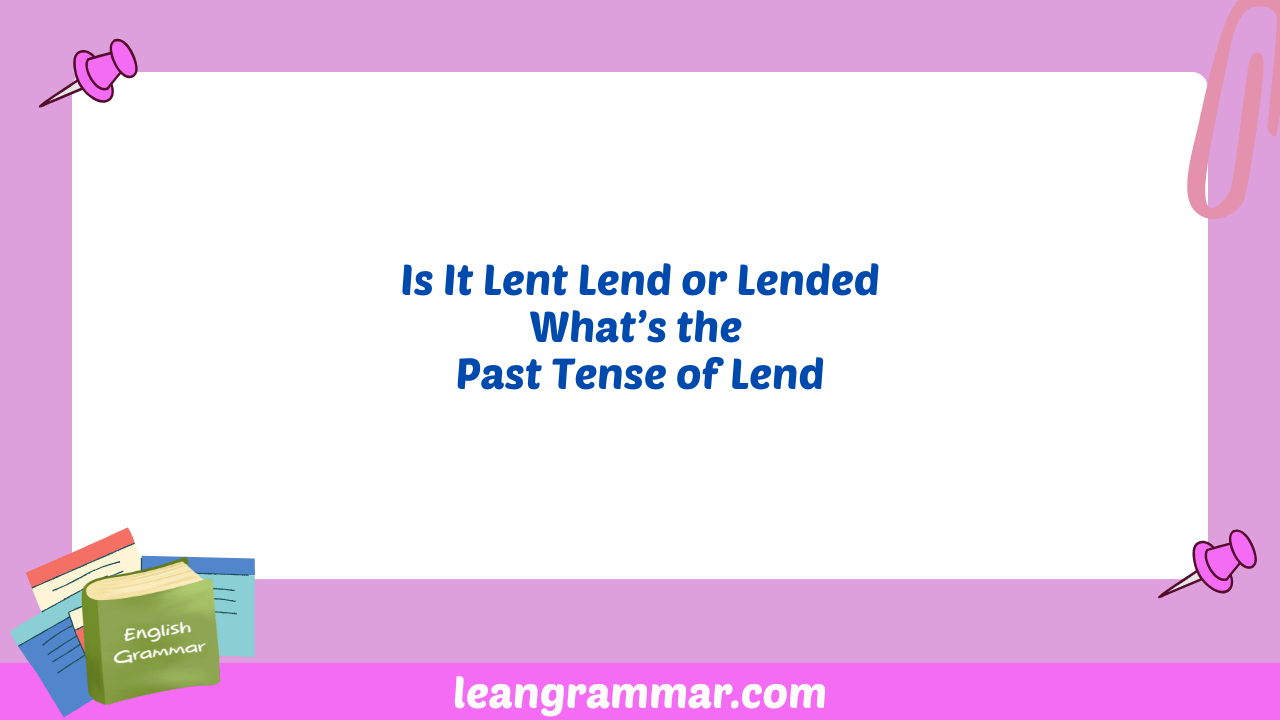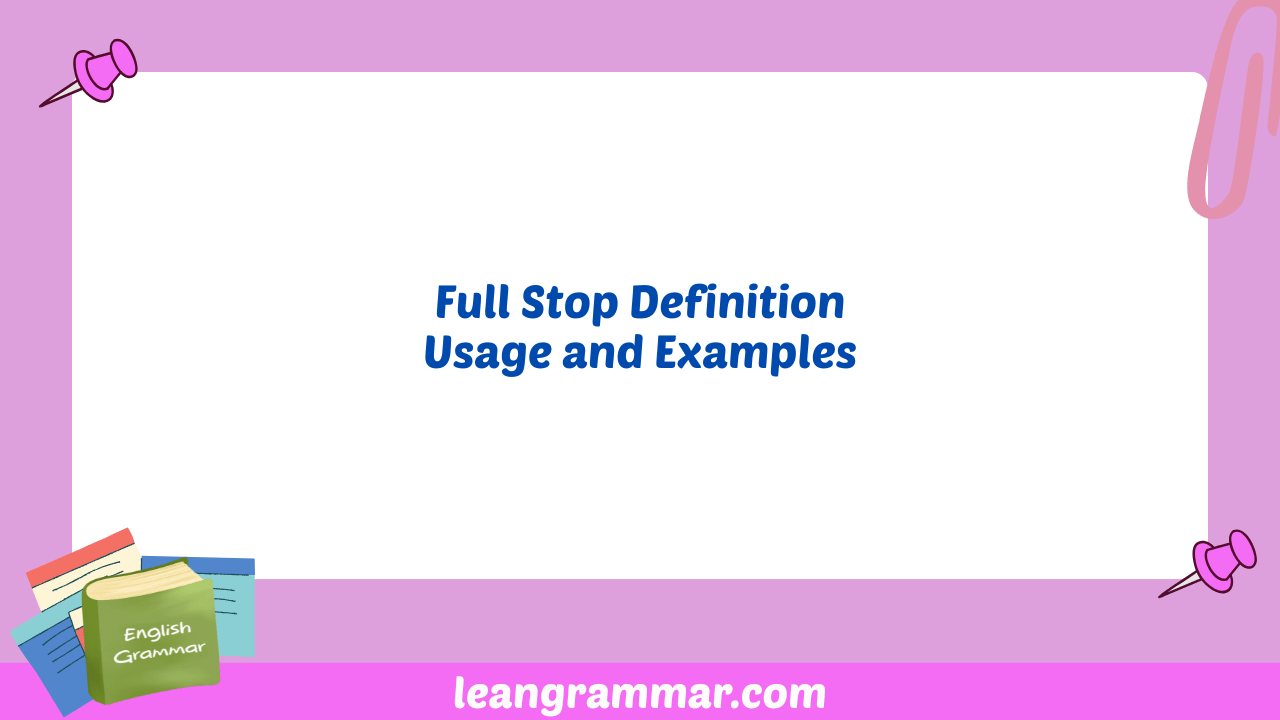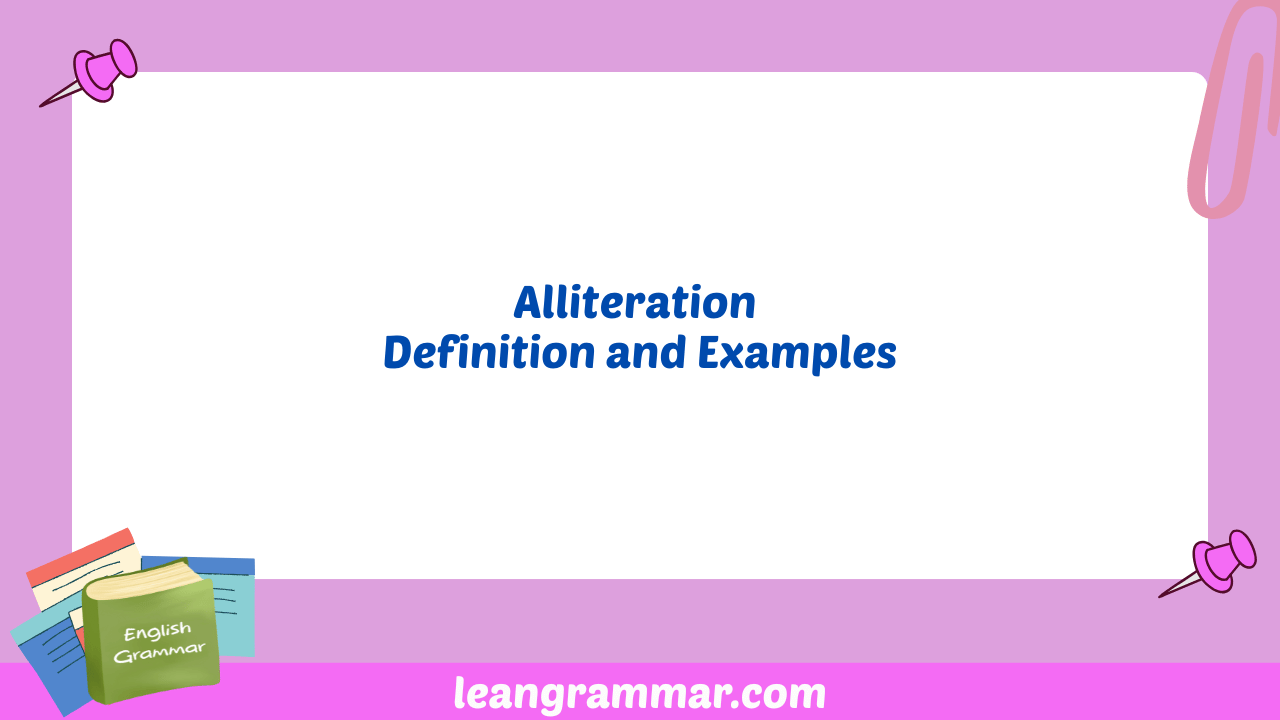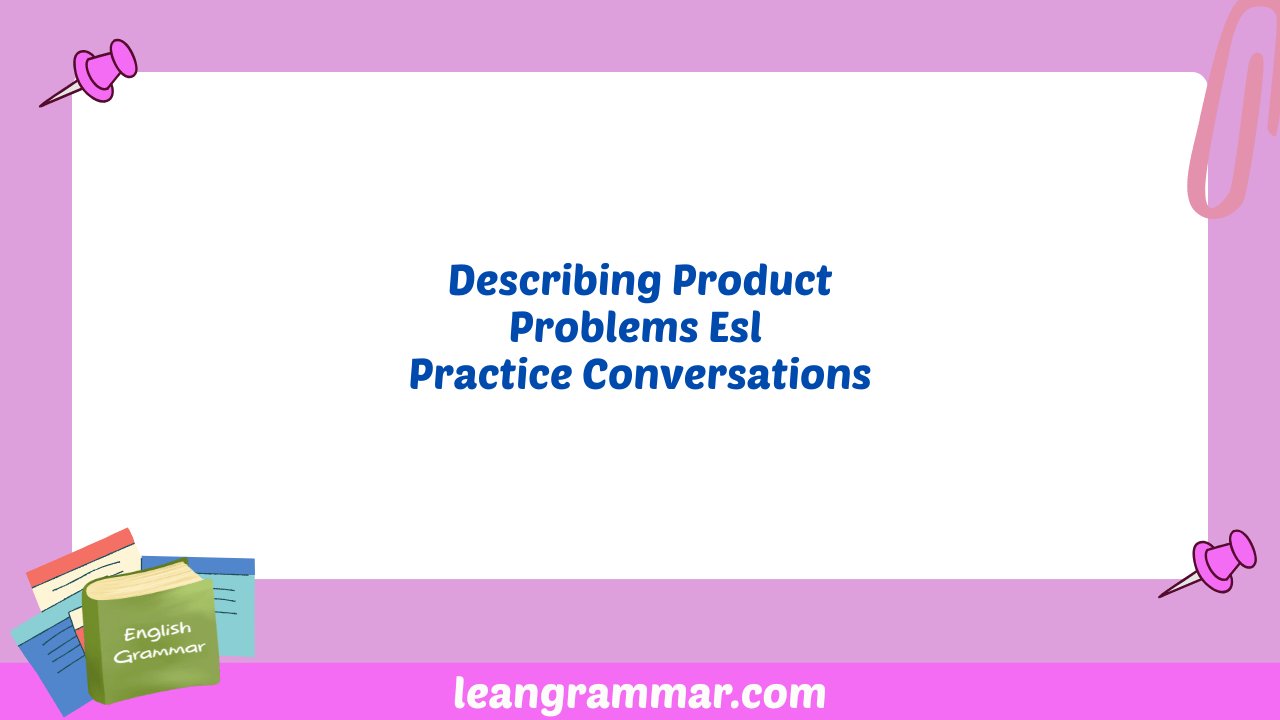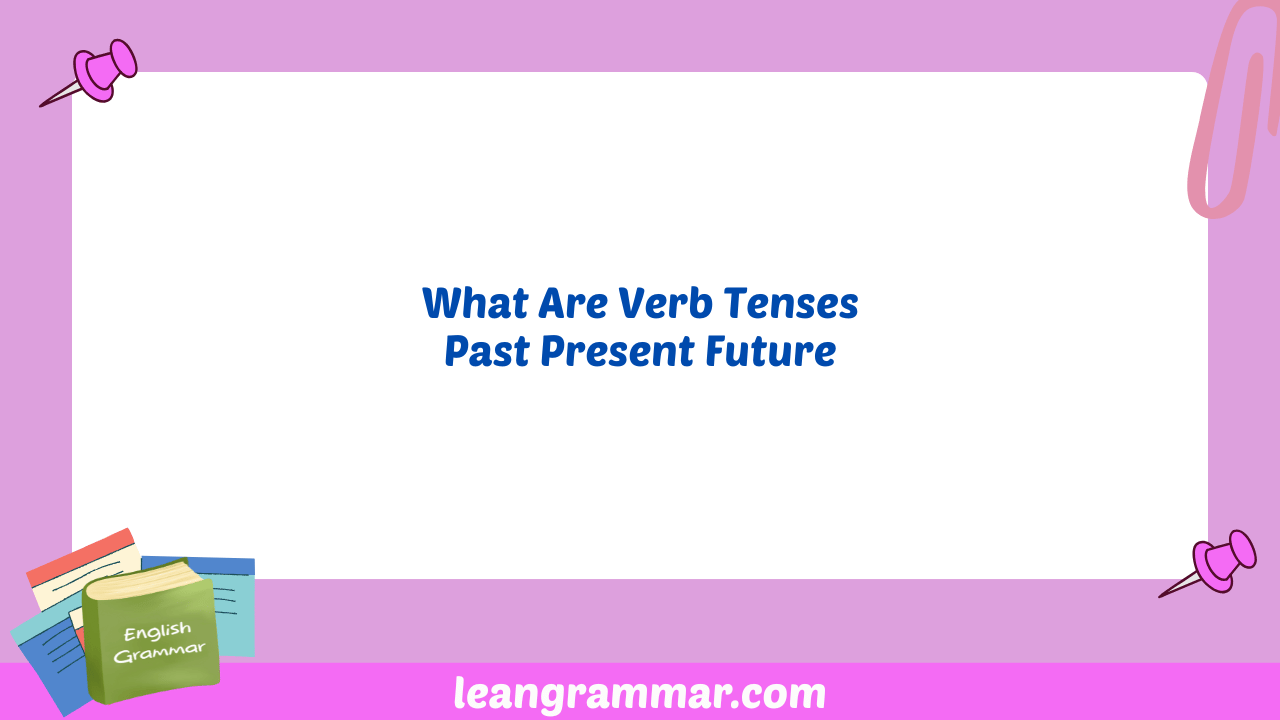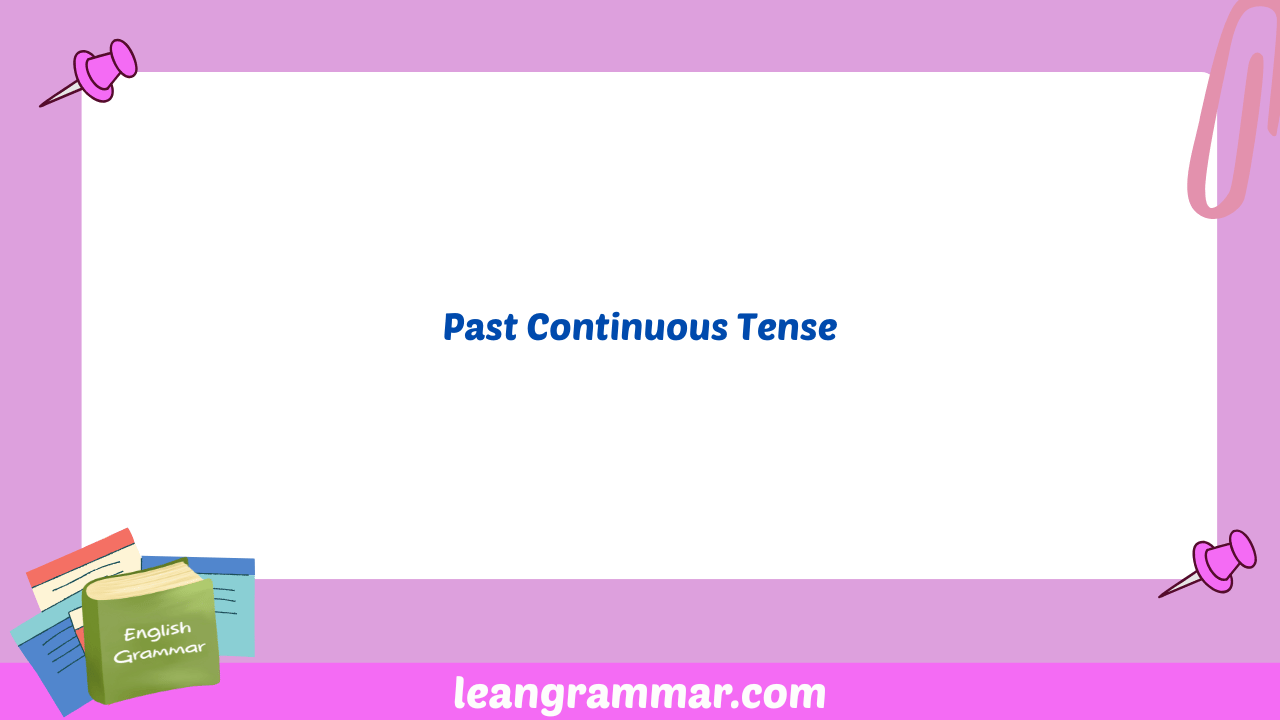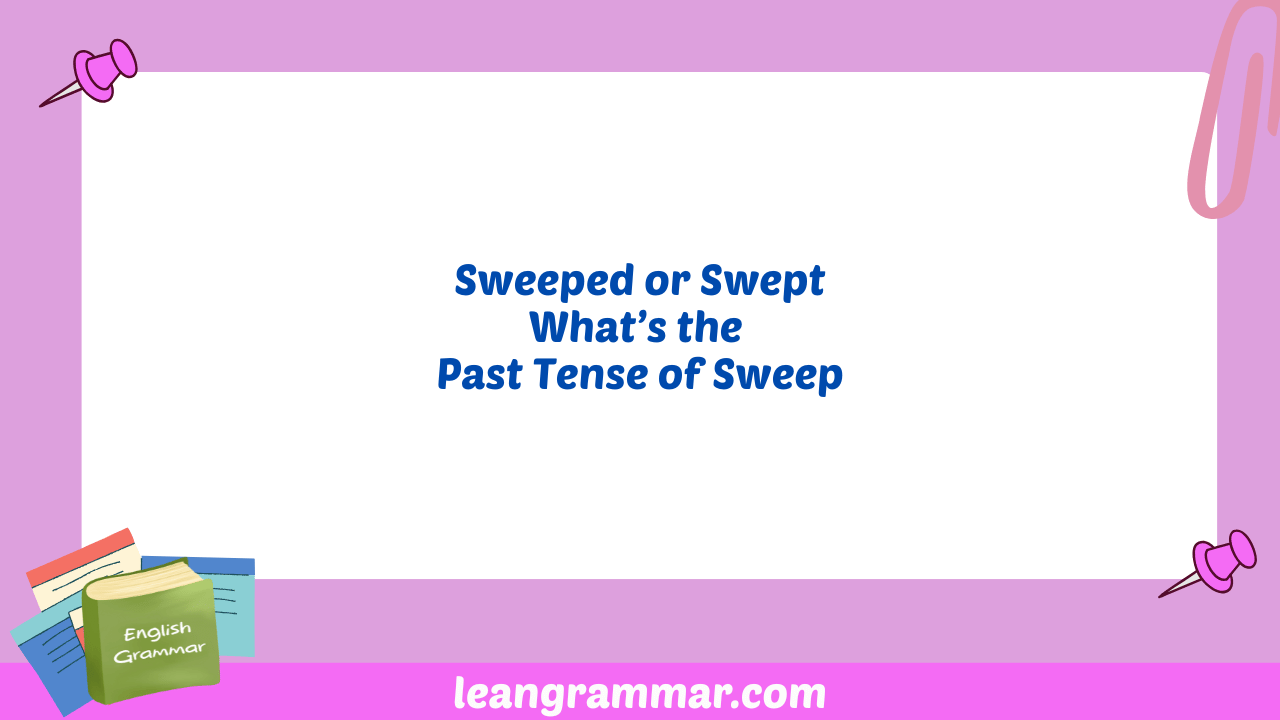Animal Collectives: A Complete Guide to Collective Nouns
Collective nouns, those fascinating words that refer to a group of things as a single entity, are particularly intriguing when applied to animals. Understanding animal collectives not only enriches your vocabulary but also adds a layer of nuance and precision to your writing and speech. This comprehensive guide explores the diverse world of collective nouns … Read more
